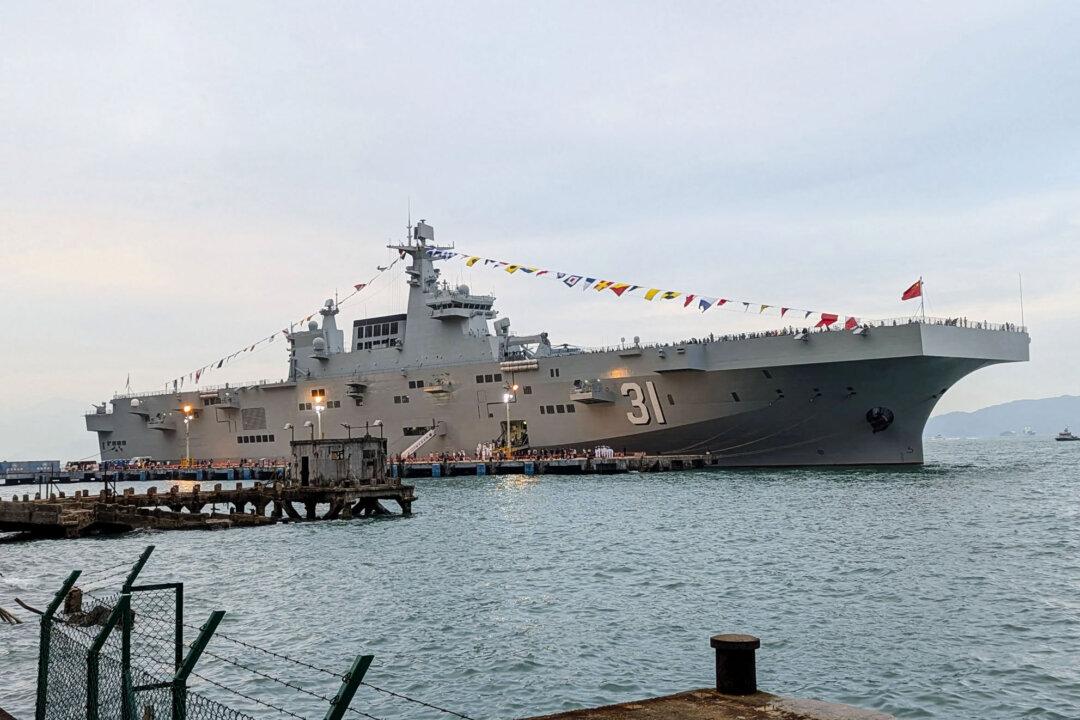The House Select Committee on the Chinese Communist Party (CCP) has asked the U.S. Treasury Department to reexamine the U.S. relationship with Hong Kong, given the CCP’s stronger hold on the city through the implementation of a 2020 update to the Hong Kong National Security Law.
Led by Rep. John Moolenaar (R-Mich.), committee chair, and Rep. Raja Krishnamoorthi (D-Ill.), ranking member, the lawmakers requested a briefing, pointing to evidence that Hong Kong may now be used by Russia, North Korea, and the Chinese regime to evade international sanctions and reroute financing for the Russian war.





